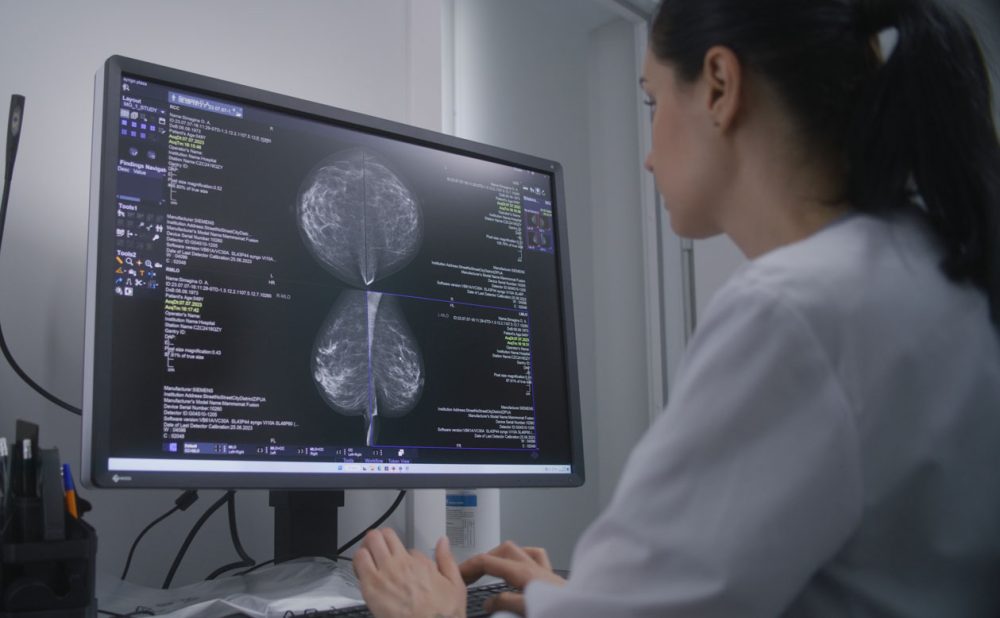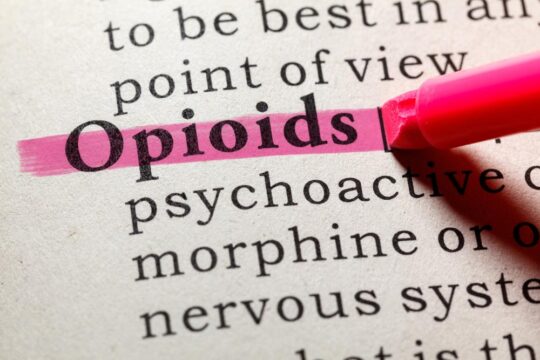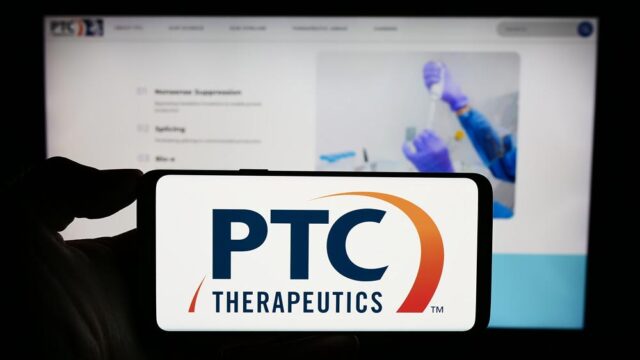Advertisment
False-positive mammogram associated with subsequent increased risk of breast cancer

Women who get a false-positive mammogram reading are more likely to develop breast cancer over the ensuing 20 years, researchers reported on Nov. 2, 2023 in JAMA Oncology.
As background, the authors noted that approximately three per cent of women who have a mammogram get a false positive result, determined by a follow-up examination.
“False-positive mammography results are common. However, long-term outcomes after a false-positive result remain unclear,” they said.
This new study was conducted in Sweden from January 1, 1991, to March 31, 2020.
The total study group included 497,343 subjects.
The researchers reported that the 20-year cumulative incidence of breast cancer was 11.3% among the subjects with a false-positive result vs 7.3% among those without such a result, a 59% comparative increased risk.
“The elevated risk was higher in women in the 60–75 age-bracket than in the 40–49 age-bracket, and in women with low rather than high mammographic density,” said lead author Xinhe Mao, MD, postdoctoral researcher at the Department of Medical Epidemiology and Biostatistics, Karolinska Institutet in Stockholm Sweden.
“The risk was also highest in the four to six years following a false positive result,” Mao added.
Mao noted the importance of encouraging long-term awareness of breast cancer risk in women who get false positive mammography result. “It might be beneficial to draw up personal monitoring programmes for these women with careful follow-ups over the years immediately following,” she said.
“Radiology and breast cancer screening are currently in a phase of rapid development, partly thanks to the use of AI,” added author Professor Kamila Czene, PhD of the Department of Medical Epidemiology and Biostatistics, Karolinska Institutet. “Our published paper is part of the general efforts to achieve better screening results and increase the screening programme uptake.”





